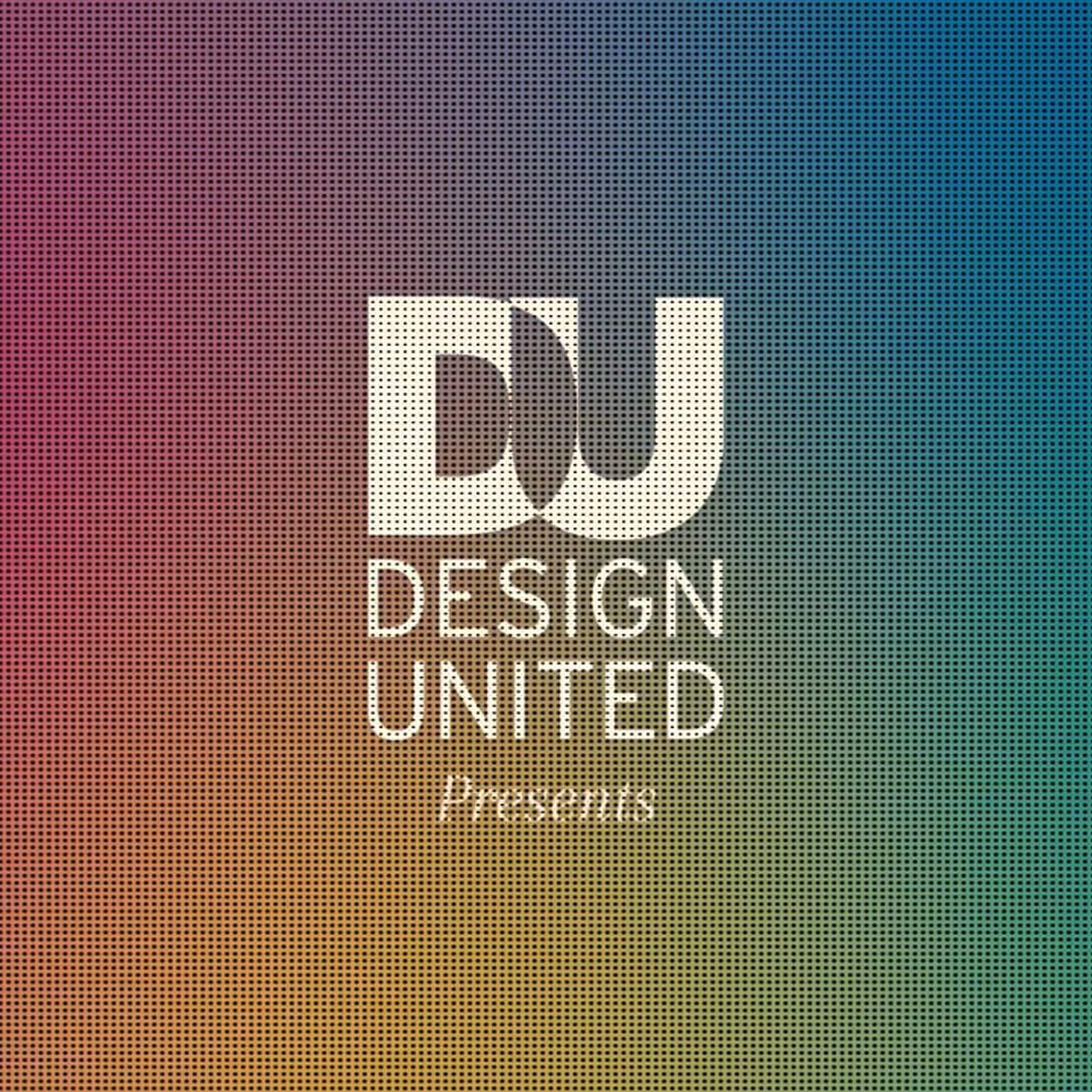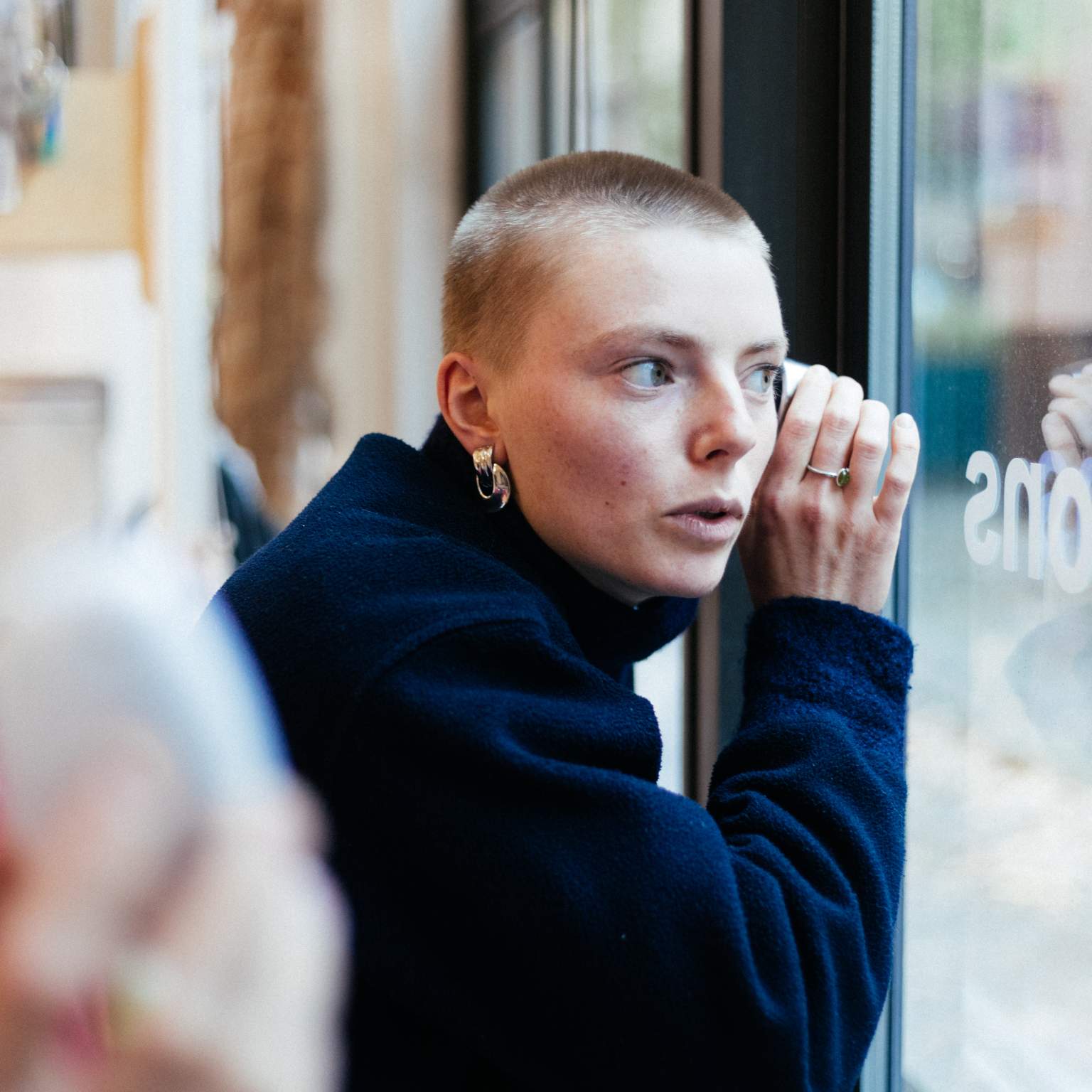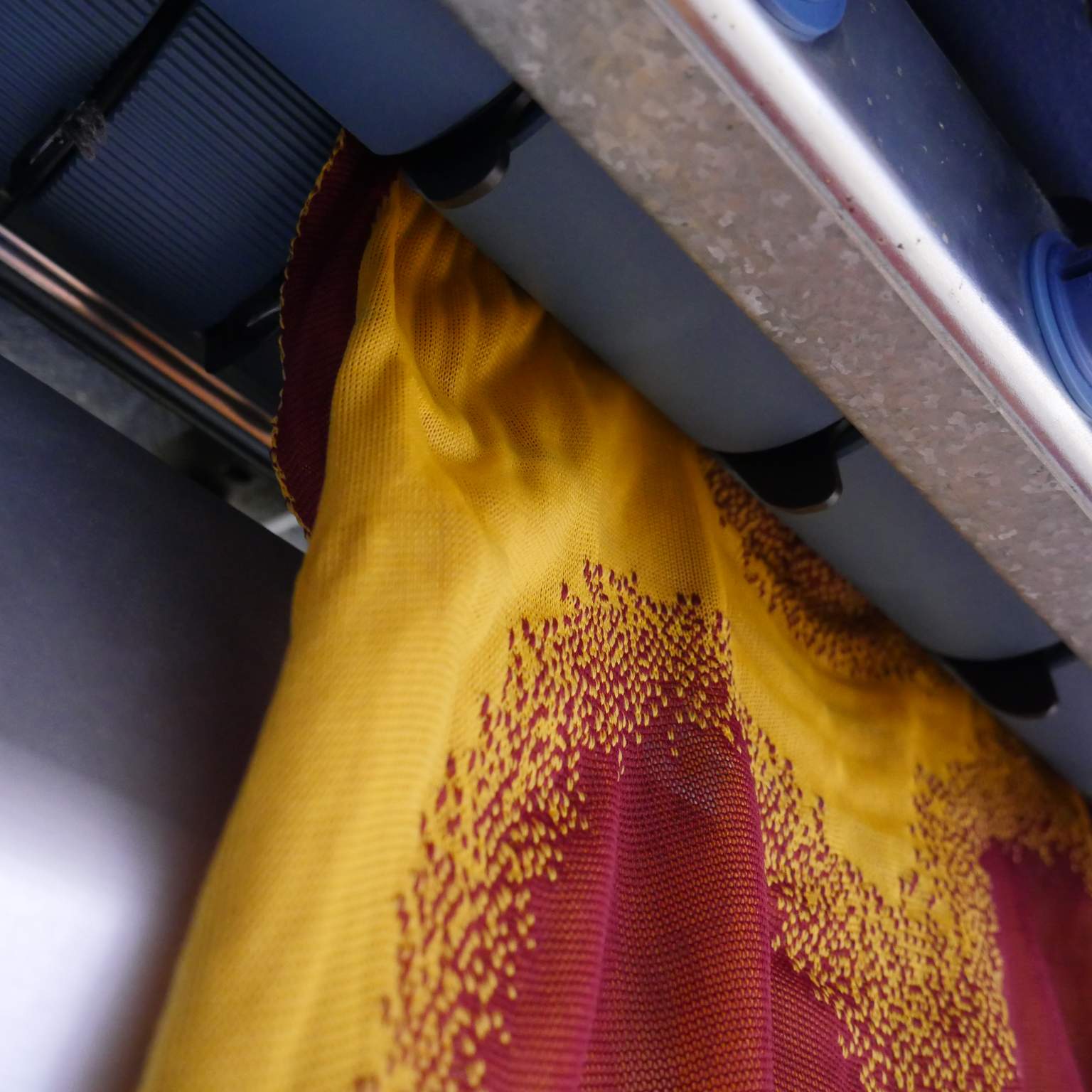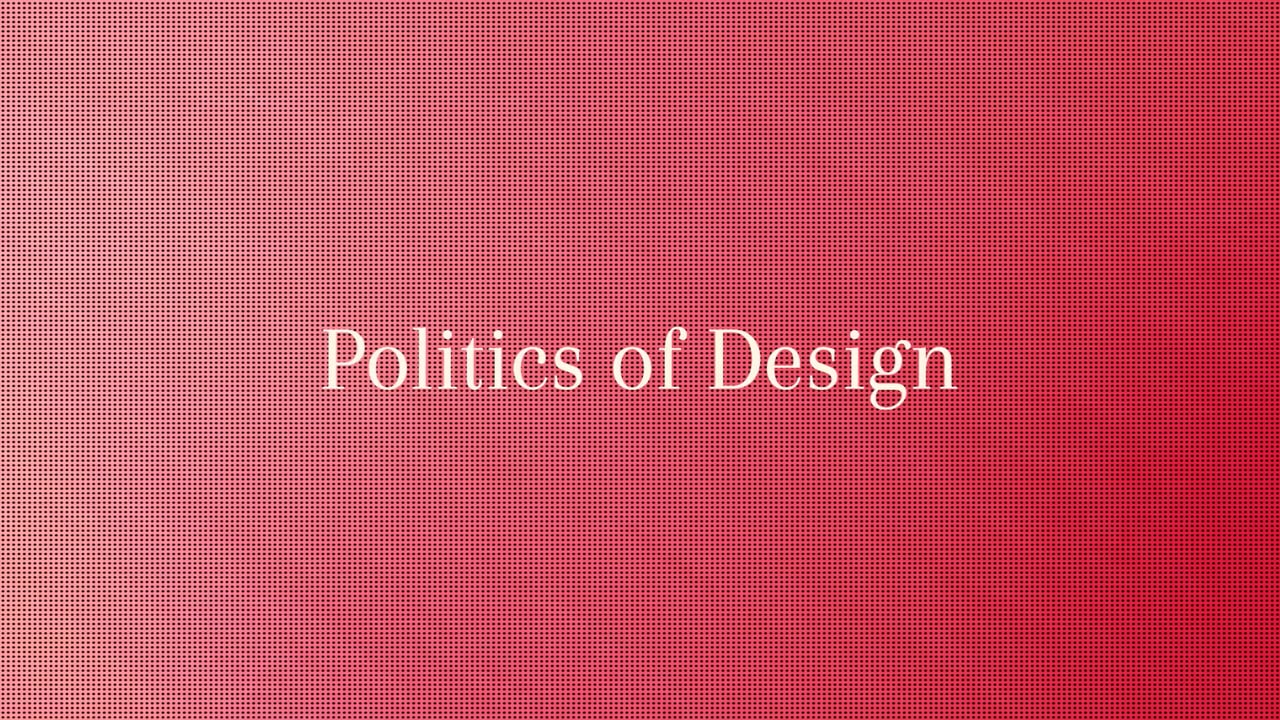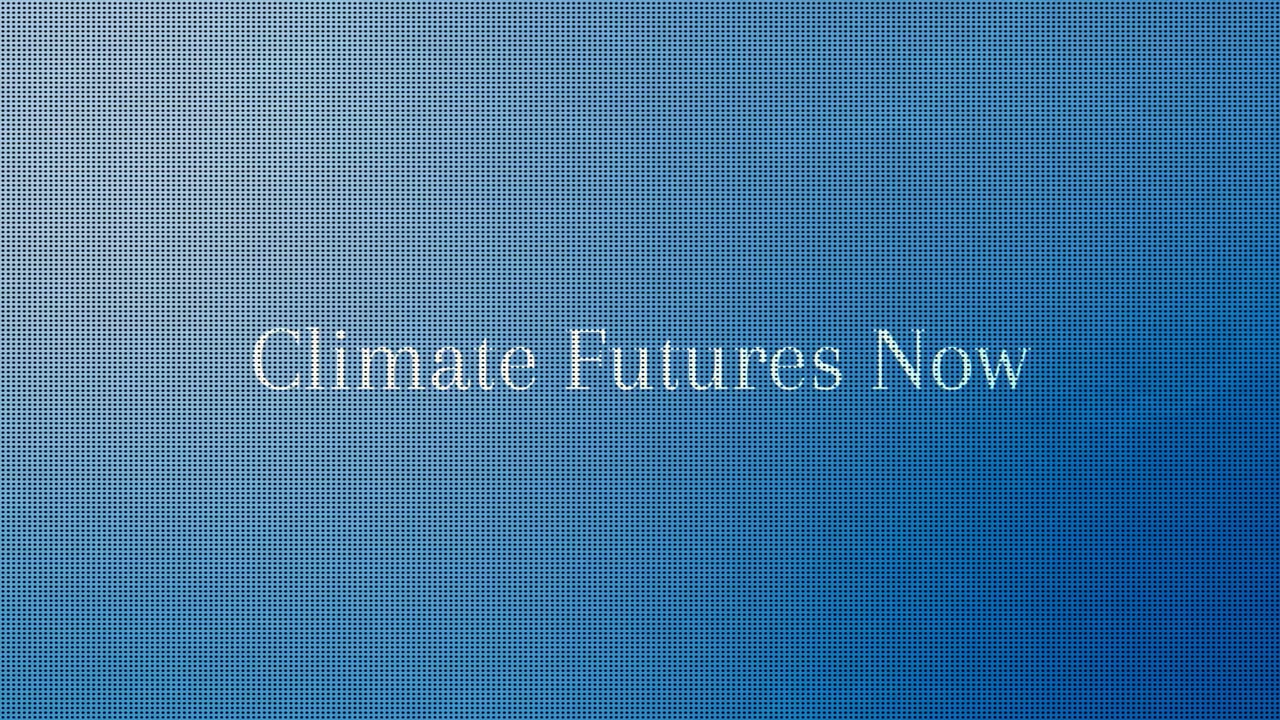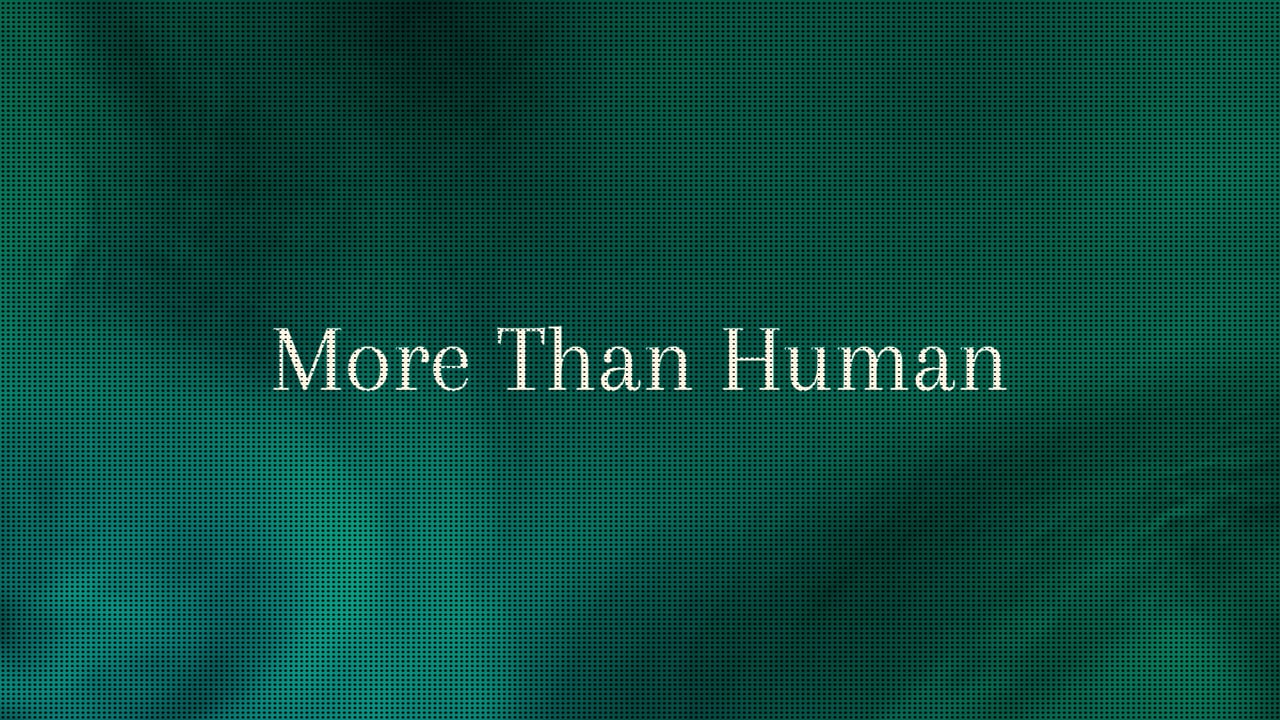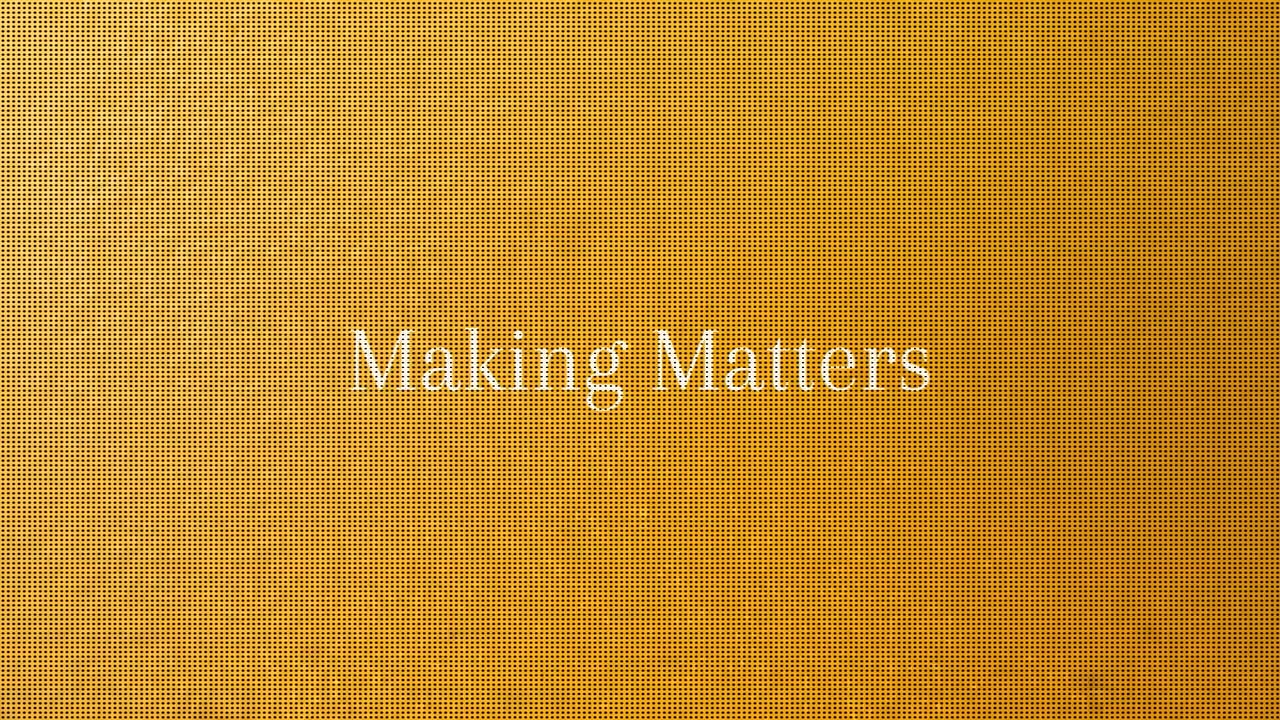Design is inherently political and cannot remain neutral. With this theme, we focus on the overlooked influence of power on design. How does power in society influence our designs? How do artifacts empower or disempower? When are design processes exclusive? And how can we give voice to marginalized groups and communities?
As we believe it is impossible to provide easy solutions to these crucial questions, we invite participants to join us on a transdisciplinary exploration of the political consequences of design and tease out some often-ignored implications of design language, processes, and decisions.
Products from the 4TU.DU exhibition will support us through the exploration of themes such as health and care, environmental changes, and participation.
Scroll down for our Dialogue Politics of Design afternoon program in the Microlab
Annemiek van Boeijen, Gabriele Ferri, Jodi Sturge, Francesca Toso, Gert Jan Veldwisch
Design reflects societal values, ambitions, and realities. It has an intricate relationship with power and politics, often setting the narrative of who is seen, who speaks, and whose voices count. For the Design United EXPO "Navigating the politics of design," we selected four inspiring projects that raise questions, present narratives that challenge conventional design ethos, and engage exhibition visitors in interactive manners: Welcome to the neighbourhood, Re-designing Rivers, Age-Fi, and NewEarth.
Welcome to the neighbourhood (Noor Mastenbroek, TUDelft) addresses integration and migration by emphasizing 'feeling at home.' With an interactive maquette, the designer explored and addressed the intricate network of community centers, events, and stories in a Rotterdam neighbourhood, challenging conventional Dutch migration politics and underscoring the value of a human-centric approach to migrant inclusion.
Re-designing Rivers (Catalina Rey, WUR) delves into the politics of representation and territorial understanding, inviting visitors to consider how grassroots perspectives can disrupt traditional top-down planning processes. Using counter-mapping techniques alongside communities on the Yanuncay River in Ecuador, the designer brings to life the power dynamics and identities rooted in the land.
Age-Fi : Age Fiction(s) Investigations (Francesca Toso, Jodi Sturge, Maarten Houben, Rens Brankaert, Janna van Grunsven, and Marco Rozendaal) is a design probe that explores the role of technologies for aging in place. Through speculative scenarios developed in collaboration with visual artist Lotje van Lieshout and displayed in a living room-like interactive environment (courtesy of Pleyade Innovation Team), it challenges the conventional tech-driven narratives around aging, alternatively advocating a collaborative and public-involved reflection on desires for later life.
Lastly, NewEarth (Estefanía Morás Jiménez, UTwente) leverages play as a means to touch the politics of urban futures. Casting participants in the role of city stakeholders and urging them to collaborate, negotiate, and reimagine future cities, this design challenges participants to reflect on the evolution of cities and emphasizes the significance of diverse perspectives in urban planning.
We selected five other amazing projects for our online e-magazine: Kilombo App, Doula tour, Intercommunal Collaborations, Werkkaart, Crafting Your Digital Self.
Kilombo App (Laura Nino, TU/e) addresses the representation and preservation of Afro-Colombian ancestral medicine practices. Through participatory methods with Kilombo Yumma healers, it bridges traditional knowledge with the digital realm and advocates the integration of ancestral and Western medicine.
Doula Tour (Floor Blommestijn, TUDelft) confronts taboos around menstrual health in refugee camps, leveraging design to spur social change and navigate complex cultural norms and taboos. By harnessing provocative design elements, it promotes empowerment and solidarity among refugee women.
Intercommunal Collaborations (Zeynep Uğur, TU/e) challenges the hegemony of Eurocentric values in the development sector. The project spotlights stories and worldviews from non-Western communities and advocates a plurality of values in international cooperation and development.
Werkkaart: working together towards work (Mila van Rijs, TUDelft) problematizes bureaucracy and power imbalances between Dutch municipality officers and newcomers. It broaches the sensitive issue of informal labour for migrants, aiming to bridge gaps and promote equitable dialogues in an often complex context.
Lastly, Crafting Your Digital Self (Gizing Khalandi, TU/e) delves into the intricacies of online identity in the age of social media. Through the fictional platform Identigenie, a collaboration with Waag Futurelab, the project examines societal pressure around self-branding and questions design's role in mediating our digital presence.
At the Microlab dialogue session, you can experience Voices of Belonging (Edelweiss Juliea, TU/e). This performance explores the identity negotiations of bi-cultural Dutch Asians through spoken word poetry and garment design. Stemming from the author’s experiences navigating between her Chinese-Indonesian and Dutch cultures, it aims to build empathy and resilience in an increasingly polarized Dutch society.
We’ve put together this intriguing selection of projects to give you an amazing Dutch Design Week experience, and hope that you’ll leave with insights, reflective thoughts, and an extended network to further explore the entanglements of design and politics for social justice.
Navigating the Politics of Design: building an engaged community of researchers
Monday 23 October 14:00-17:00 , Microlab, Kastanjelaan 400 (Please note: Microlab HALL: it's at the backside)
Organised by: Annemiek van Boeijen, Gabriele Ferri, Jodi Sturge, Francesca Toso, Gert Jan Veldwisch
Introduction
This year, the Politics of Design theme aims to confront some of the overlooked and subtle ways that power manifests in design. We build upon last year's exploration of the relationships between design, power, and justice, and we aim to delve deeper by encouraging personal reflection and community building.
To do this, we will facilitate participatory mapping and discussion sessions to draw out participants' own questions, perspectives, and insights around four topics: positionality of the designer, design processes, design research, and design languages. Our goal is to reflect together on the hidden working of power in assumptions, biases, terminologies, and dynamics.
The format of this interactive afternoon is intended to foster reflection, dialogue, and community building. Rather than propose top-down solutions, we seek participants willing to share their views and to adopt other lenses for recognizing and addressing issues of power and politics in their own design practices. Our hope is that this gathering sparks further interrogation within the field and builds capacity for more conscious, inclusive, and socially just design.
Afternoon Programme:
- 13:45: Walk in
- 14:00: Welcome and Introduction
- 14:15: Getting to Know Each Other and Initial Mapping
- 14:45: Collective Wrap-up
- 15:00: Introduction/Pitch of the Four Topics (Plenary). We introduce/pitch four topics for the afternoon:
- Politics of the positionality of designers, e.g., assumptions, biases.
- Politics of design processes, e.g., methods, involvement of interest groups.
- Politics of design research, e.g., agendas.
- Politics of language, e.g., terminology, and labels used by designers.
- 15:15: Topic-Centered Discussions
- 16:15: Spoken Word Performance "Voices of Belonging".
- 16:30 : Conclusive Recap and Next Steps (Moderated by Workshop Organizers)
- 17:00: Drinks
Recap of discussions and exploration of future steps for the community.
Participation is free after registration. Please register before 22 October.
Design is a future-oriented practice. How to envision possible futures on a troubled planet, speculate about practices of tomorrow, and call to action?
Scroll down for our Dialogue Climate Futures Now! afternoon program in the Microlab
Dan Lockton, Julieta Matos Castaño, Eveline van Zeeland, Federico Andreotti, Roy Bendor, Renee Noortman
Design is inherently a future-oriented practice. But how can we envision desirable futures on our troubled planet? Does society have a "crisis of imagination"? And if so, can designers help us both speculate about tomorrow’s practices and inspire us to take action? Climate Futures Now! brings you a selection of projects from the 4TU community, via the Design United Expo and an afternoon Dialogues session at DDW23.
The role of design
Design’s role in society’s transitions to a more sustainable future combines technological innovation with creative and humanistic dimensions. An important component of this is engaging with imagination: how can design methods help people imagine, explore, and experience different futures for themselves and, more widely, for society? How can design methods engender hope in times of crisis? Many writers and thinkers focused on how societies conceive the future have, in recent years, used terms such as “the imaginary crisis” (Geoff Mulgan, 2020), “crisis of imagination” (Amitav Ghosh, 2016), and the need for “imagination infrastructure” (Cassie Robinson, 2021). They all strive to capture the notion that there’s a shortage of new ideas. And, in this era of urgency for some and apathy for others, it’s easy for people to feel overwhelmed and powerless given the complexities and uncertainties of the situations ahead. What futures do we understand, hope for, or envision, for our own communities or for others?
These questions highlight the value brought by design research and design practice. Through participatory methods, games, and other creative practices, designers are adept at enabling people to share and externalise their thinking with others, at encouraging creativity, at giving voice to groups whose ideas are underrepresented in dominant narratives. Through their technological expertise, they can turn these ideas into forms that people can engage with—prototypes which can be experienced, used, lived with, and reflected on. Designers can bring plural possible futures to life, in the present.
How designers work with climate futures
Their approach allows design researchers to engage with future technologies, or finding new uses for old or existing technologies. In this way, design finds itself at a level field of collaboration between individuals and communities, and the wider systems of infrastructure, government, and our relationships with nature. In Climate Futures Now! we see examples of projects that focus on bringing to life possible new visions for aspects of everyday life, from green roofs to birdhouses; glimpses of (provocative) speculations of alternative futures, from energy politics to energy exchange; and activities that enable us to explore and co-create our own roles in different futures. Innovative games bring decisions and modelling in future scenarios to life through playful experiences where we find ourselves in different roles, from redesigning our food systems to how to manage rivers.
Designers’ engagement with futures research has rapidly expanded in recent years. We’re moving from disconnected roles as executors of corporate technology visions and critical artistic perspectives into a more deeply embedded place in modelling and probing futures, especially in the contexts of transition studies. We are now active in European and international initiatives, from the EU’s New European Bauhaus programme to the United Nations Development Programme’s Strategic Innovation Unit, and the UNESCO Chairs in Futures Literacy programme. Design and design methods are now accepted as being integral to an inclusive approach to futures, noticeably with an emerging focus on supporting imagination and the creative participatory dimensions of this. We hope that Climate Futures Now! will give you a glimpse into this exciting and growing area for the design community. If the future is important to you: join us!
Climate Futures Now!
Speculation and Action in an interactive mini-exhibition & games, and collective workshop activities
Tuesday 24 October 14:30-17:00, Microlab, Kastanjelaan 400 (Note: entrance is at the backside of Microlab HALL)
Organised by: Dan Lockton (TU/e), Roy Bendor (TUD), Julieta Matos Castaño (UT), Federico Andreotti (WUR), Renee Noortman (TU/e), Eveline van Zeeland (UT)
Design is inherently a future-oriented practice. But how can we envision desirable futures on a troubled planet? Does society have a "crisis of imagination" in Amitav Ghosh's term? And if so, can designers help us both speculate about practices of tomorrow, and inspire us to take action?
The Climate Futures Now! dialogue session combines an interactive mini-exhibition, games, and collective workshop activities to explore, inspire, and challenge our thinking about the role of design in the context of climate change and the futures ahead of us for humanity and the world we live in.
We bring together a selection of creative projects from the 4TUs that engage with participatory futuring, playful ways to redesign the systems around us, and reimagine our relationships with nature, followed by a plenary activity to make sense of it all, and collaboratively arrive at a way that as designers we can take action in the world. If the future is important to you, please join us.
Programme: 14.30 to 17.00
14.30–16.00 Introduction to the theme and exhibition with 8 interactive 'projects':
- Games for the Redesign of Farming & Food Systems - Federico Andreotti + colleagues, WUR
- Virtual River Game — Robert-Jan den Haan, UT
- Future Narratives — Vere Vreeswijk, TU/e
- Democratised Future Visioning — Elke van Dael, TU/e
- (Blue)Green Roof — Leon Peters + colleagues, UT
- Unlocking Social Energy Through Relational Giving — Vicky Toellner, TUD
- Powerless Politics —Nathalie Kamp + colleagues, TU/e
- Timeslip — Robyn Huiting + colleagues, TU/e
- Chair of the Future — Margot Beekhuizen, TU/e
16.00 Facilitated plenary activity
17.00 Drinks
Register before 23 October
Participation is free, after registration.
How can we create value for future habitats that are natural for the 'life' and growth of humans and nonhumans?
Scroll down for our Dialogue How to practice More than Human Design! afternoon program in the Microlab
How to practice More than Human Design?
Urban Sound walk, project pitches and panel
Wednesday 25 October, Microlab, Kastanjelaan 400, Eindhoven (Note: Entrance is at the backside of Microlab HALL)
Organised by: Nazli Cila (TUD), Oscar Tomico Plasencia (TU/e), Clemens Driessen (WUR), Evert van Beek (TUD), Robert-Jan den Haan (UT)
As design researchers, we were able to establish more-than-human design as a sound intellectual and conceptual perspective to generate artefacts and knowledge.
During this afternoon, we would like to build upon this theoretical base and broaden it by exploring the “how” side of doing more-than-human design: What are our methodologies? How do we integrate the perspectives of nonhumans into our processes? How do/should we teach more-than-human design? What are the ethical and practical challenges of having a more-than-human perspective on design?
Join us to explore different scales of nonhumans from the “soil” to the “sun” and unpack together how we can practice it in more responsible and creative ways
Programme
- 13:15 Walk-in
- 13:30 Intro / Welcome by organising team
- 13.45: Parallel workshops
- Solar Urbanwalk* (Angella Mackey)
- Soiled** (Minha Lee, Gizem Oktay)
- 15.00: Project Pitches:
- Living in the Lesser Black-backed Gull - Joanna van Der Leun, Eco-Urban Futures - Seowoo Nam, Solar Ears - Angella Mackey, Algae Cloud - Neva Rustad, Re-generative Ruin - Riel Bessai
- 16.00: Panel - Taking a more-than-human perspective (Oscar Tomico Plasencia, Michaela Honauer, Cristina Zaga, Doenja Oogjes)
- 17:00: Drinks
*Solar Soundwalk - During this workshop we will together gain new understandings of sunlight as energy. Each of us using a pre-made "solar ear" (a small circuit making solar energy audible) we will listen closely to solar energy shift and change while walking the surrounding urban area. Together we will then tell stories of what we experienced, mapping a kind of solar soundscape of our surroundings.
**Soiled - We reflect on soil's connection to time and us: Soil is a living entity from which our bodies originate and ultimately return, be it due to natural disasters like earthquakes or via human-soil relations as co-constitutive bodies. We invite all to consider more than human design through and with soil, in which we present our learnings from workshops led by 4TU researchers Dienke Stomph, Jiwei Zhou, and Gizem Oktay, as well as insights from invited experts Larissa Pschetz, Blake Ewing, and Anton Poikolainen Rosén for a transdisciplinary discussion that spans design, cultural geography, history, politics, human-computer interaction, and sustainability.
Register now and before 25 October!
Participation is free after registration.
How to deal with sociotechnical complexity and shaping change?
Scroll down for our Dialogue How to deal with sociotechnical complexity and shaping change afternoon program in the Microlab
How to deal with sociotechnical complexity and shaping change?
Inspiration and Critical Making Session to explore our relations with AI, Design and Society
Organized by: Cristina Zaga (UT), Maria Luce Lupetti (TU Delft), Jordan Boyle (TU Delft), Janet Huang (TU/e)
Thursday, 26 October 14:00-17:00, Microlab, Kastanjelaan 400, Eindhoven (Note: Entrance is at the backside of Microlab HALL)
Introduction
What does a healthy relationship between AI and society look like? How do we disentangle the relationships between this rapidly developing technology and the diverse populations of our equally diverse global societies? Should we embrace AI as part of our society, or should we do everything in our power to stop that from happening? It’s a complex sociotechnical world we live in, and designers have a critical role to play in making sense of it and steering it in a positive direction. This workshop gives you the opportunity to collaborate with us, and each other, in shaping that change!
Program
Our program combines inspirational perspectives, a critical making session and some reflective discussion on this complex topic.
- 14:00: Welcome and introduction to the theme.
- 14:15: Provocative Perspective – a thought-provoking talk by Dr. Sage Cammers-Goodwin from Utwente and dr. Kim Baraka (VU University)
- 14:45: Break
- 15:00: Disentangling Through Critical Making – Complexity and Change Zines
- Ever made a Zine before? Some of us have, some of us didn’t even know what they were before devising this program! So join us in figuring it out!
- You’ll work in small groups to make your own DIY magazine based on collages (we’ll provide raw materials), sketches and handwritten messages, to express your take on complexity and change in the context of AI and society.
- 16:00: Break
- 16:15: Final Panel – Share your reflections and ask our panel questions that emerged from your zine-making
- 17:00 Drinks
Register before 25 October! Participation is free after registration
With critical debates on the future directions of making in full swing, How do crafters of advanced enabling technologies make the new everyday a reality?
Scroll down for our Dialogue Experiencing Design Materials of Tomorrow afternoon program in the Microlab
How to be a designer in the world of (bio)materials?
Amy Winters and Jacky Bourgeois
Making is at the core of our society, if not at the core of humanity. Designers don’t simply design products – their designs impact our lives and world. The materiality of design is a continuously expanding palette, growing from reactive to evolutive, catering to our five senses, and offering a reflection of our physical, social, and emotional selves.
Advanced enabling technologies such as active matter, additive manufacturing, bio-materials, and soft robotics have made considerable strides, paving the way for the fusion of software, hardware, and material technologies. Making’s role can already be found in multiple purposes. By translating technology into a new context, sparking inspiration, innovation, and reflection, it’s erasing the frontiers between the living and the artificial, the physical and the digital.
Through material exploration, we search for innovations to design for the complex world we create for. Designers juggle many qualities, from the individual to the societal, from health to sustainability, from yesterday to now, and tomorrow. Elaine Igoe raises questions beyond the focus of how and why we make to “should we make?” Metamodern making in a textile topology.
Material exploration is also about crafting, a hands-on, iterative, and slow process, even when mediated by digital technology. As Manuel Kretzer emphasises, it’s about "understanding our connection to the environment and giving value to details, depth and intensity” Coding the Soul. It shapes a thinking process, building the foundation for reflecting on, experiencing, and feeling the world.
The Making Matters Sample Gallery gives you an opportunity to learn more about the collective and shared making process of the 4TUs. Here, rather than presenting final polished artefacts, we embarked on a journey, foraging for samples, snapshots, and vignettes that bring the often undocumented, or shared tools, trials, and mistakes to life.
By mapping a broad range of materials, processes, and forms, these shared experiences reveal new patterns in the areas of fabricated, bio, and computational matter. That the majority of these works find themselves at the boundaries of different domains emphasises how truly interdisciplinary making can be, forming the essence of tomorrow’s crafts.
From the fabricated to the bio; emerging biomaterials host a compelling range of properties for new forms of making that can grow, evolve, and adapt to the environment. Designers can harness these new materials through advanced fabrication technologies. Imagine creating regenerative interactive materials that provide rich and embodied user experiences with sustainable soft robotics through reversible and biodegradable actuators Chitosan Actuators. Imagine biofabrication using living materials such as mycelium mycoSonic. This is all about blending availability and sustainability, such as locally producing building materials from biomass side-streams Binderless Board.
From the bio to the computational; digital technologies have penetrated the most intimate part of our lives, continuously interacting with us. Designers can open new avenues to connect and self-reflect through data while shaping radically new forms of interactions. Bio and computational materials can join forces to support people through social and psychological challenges such as harassment Sand Me Awareness. Computational technologies can be leveraged to open designers’ eyes to new bio-qualities like the colourful world of bacteria FlavoMetrics.
From the computational to the fabricated; the third perspective harnesses novel manufacturing at the physical-digital interface to enable experimental forms of multi-modal materiality such as 3D knitted SitonaKnit and woven structures 3D Woven Denim jacket and novel tools for designers in soft robotics Material Programming, Soft Circuits Toolkit.
Experience how design methods can transform and democratise 3D printing Compliant Glasses, Fabulous Feathers.
While fabricated, bio and computational materials have been around for several decades, what makes them emergent is their affordance in interdisciplinary and exploratory maker spaces.
Beyond material, it’s the atelier and designers’ savoir-faire that are core to this craft. We chose the workshop format as a vehicle for visitors to experience three tools that 4TU researchers are developing to bring new materials to the designer’s palette. FlavoMetrics is an interactive digital tool that supports the design of living artefacts for future everyday use. SIDKIT is a toolkit that makes the design process for interactive sound more accessible to designers unfamiliar with the discipline. Lastly, PAIRColator empowers designers to collaborate with participants and their personal data to generate novel insights through reflection.
In our ever-accelerating society, we believe in interdisciplinary-making as an expression of and fundamental scaffold for humanity. It forms our exploration compass and reflexive mirror when disentangling AI or designing for the More-than-Human.
Experiencing the Design Materials of Tomorrow
Organised by: Amy Winters (TU/e), Jacky Bourgeois (TUD), Jairo Costa (UT), Holly McQuillan (TUD), Kristina Andersen (TU/e), and Tom Feij (UT)
Friday, 27 October 11:00-14:00, Microlab, Kastanjelaan 400, Eindhoven (Note that the entrance is at the backside of Microlab HALL)
With critical debates on the future directions of making in full swing, how do crafters of advanced enabling technologies make the new everyday a reality? Join us to experience the design materials of tomorrow! The Making Matters exhibition showcases techniques and forms across fabricated, bio, and computational matter.
Through hands-on workshops, we offer you the opportunity to dive into one of these unique material explorations to experience the material, process, and tools revolving around biodesign, data and sound.
Each workshop will stimulate your senses and open up new creative possibilities. The program is open to design researchers, master's students, and practitioners.
Programme
- 11:00 Overview of the theme and workshops by co-chairs
- 11:30 Three parallel workshops
- 1 Flavometrics by Clarice Risseeuw: This biodesign workshop centers on the creation of living artefacts for the future every day, with a particular focus on structurally-coloured Flavobacteria. You will be introduced to the vivid living colours of these marine bacteria through real samples and our interactive digital tool, FlavoMetrics. Contemplating the temporal and responsive nature of Flavobacteria, you will develop design concepts for living artefacts that harness the distinctive potential of living microorganisms.
- 2 PAIRcolator by Di Yan: This data-centric design workshop is to help you gain a deeper understanding of your personal data through crafting it into physical representations and reflecting upon it in pairs. You will be invited to look at your phone data and other digital traces, taking the perspective of the person who is represented in the data. You will reflect with the help of the PAIRcolator, a data reflection toolkit. We will wrap up the workshop with a reflection on the use of this data material for design researchers and practitioners.
- 3 Sidkit by Jef Rouschop: How can we utilize sound more meaningfully as an interactive element in design? This workshop explores how to design with sound from an everyday & musical perspective, in the context of interactive products and systems. You will be using a variety of tools to get hands-on with making sound, as well as a set of design methods that will help to thoroughly understand what opportunities interactive sound gives rise to. No musical experience needed.
- Simple lunch will be available
- 13:30 Experience sharing and wrap-up
- 14:00 End
Register Now!: Participation is free after registration:
